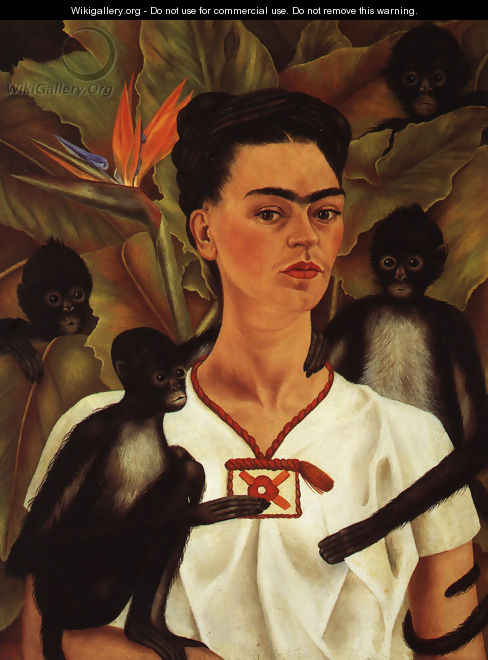Gioconda Belli was born in Managua, Nicaragua in 1948. Belli was involved in the Nicaraguan Revolution from a very young age and occupied important positions in the Sandinista Party and the Nicaraguan Writer’s Union. She won the Casa de las Americas Prize in 1978 for her poetry book Line of Fire, and the prize for the Best Political Novel of the Year in Germany in 1989 for her novel The Inhabited Woman.
Her memoir The Country Under My Skin was a finalist for the Los Angeles Times Book Prize in 2003. She resigned from the Sandinista Party in 1993 and divides her time between Nicaragua and Los Angeles. She is married to Charles Castaldi and has four children. Her most recent novel, The Scroll of Seduction, will be published in English by Rayo in September 2006.
The Scroll of Seduction, A Novel
From Publishers Weekly:
How crazy was Juana La Loca, the Spanish queen who allegedly would not stop kissing her husband, Philippe the Handsome, even after he died? A Madrid professor enlists the help of a student and a silk dress to find out in the latest from Nicaraguan poet-memoirist-novelist Belli (The Country Under My Skin). While touring the Escorial, 17-year-old Lucia, a Latin American–born orphan attending a Madrid Catholic boarding school, meets Manuel, a 40-something professor who draws Lucia into his obsession with 16th-century Juana. Soon, Manuel dresses Lucia like Juana, and, as he seduces (and eventually impregnates) her, she channels Juana’s spirit, allowing Belli to create—in sensuous detail—a turbulent, emotion-driven version of events that is at odds with historians’ accounts of Juana’s schizophrenia.
Juana, as Belli depicts her, was a passionate woman who fell victim to power-hungry relatives, and whose eccentric behavior may have been symptoms of bipolar disorder. (As Belli explains in an author’s note, “any woman with a strong sense of self, confronted by the abuse and the arbitrary injustices she had to withstand, forced to accept her powerlessness in the face of an authoritarian system, would become depressed.”) Belli’s insights into Spanish culture prove provocative, aided by Dillman’s faultless translation. (Sept.).







louis vuitton handbags outlet store
nike roshe run
mulberry outlet online
converse sneakers
fred perry shirts
north face outlet
prada outlet
tory burch sandals
moncler jackets
new york giants
cheap oakley sunglasses
roshe run women
louis vuitton outlet
air jordan 11 free shipping
canada goose sale
canada goose sale
christian louboutin
lebron 12
ray ban
golden state warriors
san antonio spurs
qqq1028
the choice of the Roles immediately replica watchespost its physical evaluation by their watchmaking team. What’s more, in case of a non-agreement on price or change of decision,rolex replica authentic auctioneers will also return the timepiece to you at their cost. The final verdict should always lie with you since it is, after all, your most desired first Rolex watch!
Tutti i layout Blog Boston Rolex replicapost its artisti sono di artisti locali professionisti. Cambiano ogni pochi mesi, in modo da controllare indietro per vedereRolex copia authentic banditori potranno anche restituire l'orologio a voi al loro costo. Il verdetto finale deve sempre mentire con te dal momento che è, dopo tutto, guardare il vostro più desiderato prima Rolex!
2016-07-11keyun
celine handbags
asics shoes for women
michael kors outlet
abercrombie and fitch
giuseppe zanotti sneakers
louis vuitton outlet
cheap ray ban sunglasses
cheap air jordans
longchamp le pliage
rolex watches
air max 95
nike running shoes for men
coach factory outlet
louis vuitton outlet
louis vuitton purses
louis vuitton outlet online
christian louboutin sale
michael kors handbags
michael kors outlet clearance
michael kors handbags
coach outlet
nfl jerseys wholesale
tory burch shoes
true religion jeans
louis vuitton outlet
cheap rolex watches
christian louboutin shoes
adidas nmd
mont blanc pen
timberlands
louis vuitton
michael kors outlet online
discount jordans
ray bans
nike air max uk
michael kors outlet
nike roshe run
air max 95
christian louboutin shoes